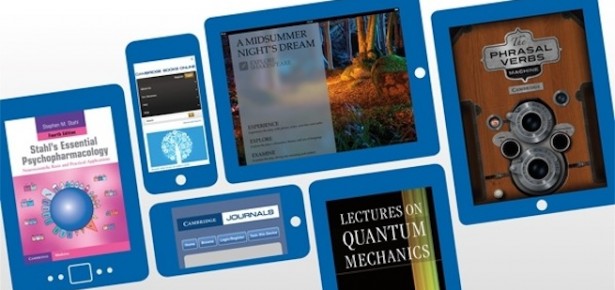
Sitting in the departure lounge of London City Airport, surrounded by the boys in (charcoal grey) suits and the girls in (black) suits, black being, as ever, this season’s black, I confront the annual exodus to Germany of what, in more innocent times, we called the Book Trade.
It remains (to me) an oddly moving experience, with its echoes from childhood reading of the world of Cynthia Harnett, of The Load of Unicorn, and The Woolpack, and of Going on an Adventure to Sell Things, as our printing forbears have been doing, to trade fairs throughout Europe, for over four hundred years.
For me personally, this is an adventure I have being going on for a quarter of a century, although in all honesty the sense of going a journey that my imminent flight (of about seventy minutes duration) engenders is not quite the same as that of loading up the CUP minibus (yes, we used to have one) with all kinds of kit (including a coffee machine), and heading off into the sunset. Or at least into Belgium, to spend the night en route to Frankfurt in Tournai, or Charleroi, or on one memorable occasion deep in the Ardennes, in close proximity to a NATO high-security facility that I would still like to think was called SMERSH but very probably wasn’t.
A minor problem (actually quite a big one, for the Fair organisers) is how few books are actually nowadays displayed at the Fair.
Crossing the Rhine the next morning, to the accompaniment of The Ride of the Walkyries, seemed an appropriate entry into Mitteleuropa for the crack team chosen to represent Cambridge at the most important event in the global publishing calendar.
Anyway here we all are again, and I suppose the obvious question Frankfurt (and all such Fairs) pose, in the age of global communications and 24/7 personal access, is Why? Eight aircraft hangers the size of Duxford Aerodrome, each still filled with publishers, booksellers, agents, printers, distributors, pornographers, dealers in calendars, data managers and even (heaven forfend) the occasional author, suggest that whilst, the Emperor has some new clothes, there is enough that is worthwhile, and enough that is real, for the Fair to continue and, indeed to expand.
What may surprise readers of this blog is what a big draw the Frankfurt Buchmesse (or parts of it) are for the German public, who pay to come in (officially) at the weekend, and (unofficially) enter for nothing, disguised as students or learners, on the major trade days of Wednesday, Thursday and Friday.
A minor problem (actually quite a big one, for the Fair organisers) is how few books are actually nowadays displayed at the Fair, especially by perfidious Albion, and her American and other anglophone cousins, in the English-language enclave that is Hall Eight.
As one very distinguished German Professor of Linguistics (and a Cambridge author) once said, late one Sunday to a somewhat bemused member of the Press team: ‘ I have paid to enter a Book Fair, to inspect your Books. And yet I see that you have almost no Books to inspect. I shall demand my money back’.
Fundamentally, the Fair is, and always has been, about selling rights, and especially translation rights.
It began, as part of a postwar wave of reconstructive events in Germany, in succession to such historic Fairs as Leipzig (at that time in the GDR, and thus behind the Iron Curtain). To this day, the Cambridge colleagues consistently busiest throughout the Fair will be Katie Scarff, Reitha Pattison, Louise Clift and their colleagues in our Rights team, booked solidly for 30-minute appointments from Wednesday morning at 9am to late on Saturday afternoon.
Rights remains a very important, financially advantageous, hugely author-friendly function, which for all sorts of reasons is often rather under-articulated through the Cambridge organisation, not least as rights revenues to this day are not credited back to individual projects, and thus the true profitability of major rights-friendly authors (like, say, Jack Goody, over the past fifty years) is almost certainly underestimated. But Frankfurt places our rights activities at centre stage, along with a whole myriad of other conversations, ranging from the strategic (with out friends at Ingram, for example), to the speculative, to the quite possibly lunatic (authors or agents trying to place projects, including, memorably, A History of the European Decorative Toilet Seat).
All are part of a rich, and on the whole beguiling mixture. Over the next three days I hope to introduce CUP readers to a few of the more important themes and trends in global publishing, as the full impact of the Digital Revolution, and the swift decline/enduring resilience (delete according to location and publisher type) of print models, and the fundamental, indeed existential question of ‘What is the Value that Publishers Add?’ is addressed in an astonishing range of contexts. The good thing, indeed the very good thing, is that Cambridge University Press remains an excellent badge to have. People want to talk to us, and I look forward to sharing some of their insights, and their wisdom, with CUP colleagues during the days to come..
Latest Comments
Have your say!